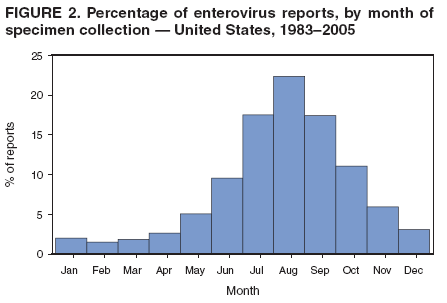New publication by Leonard Jason and Eva Stormorken (Norway).
Stormorken, E., Jason, L.A., & Kirkevold, M. (2017).
From good health to illness with post-infectious fatigue syndrome: a qualitative study of adults' experiences of the illness trajectory.
BMC Family Practice, 18, 1-15.
DOI 10.1186/s12875-017-0614-4
goo.gl/1QqwQn
Stormorken, E., Jason, L.A., & Kirkevold, M. (2017).
From good health to illness with post-infectious fatigue syndrome: a qualitative study of adults' experiences of the illness trajectory.
BMC Family Practice, 18, 1-15.
DOI 10.1186/s12875-017-0614-4
goo.gl/1QqwQn
Background: Municipal drinking water contaminated with the parasite Giardia lamblia in Bergen, Norway, in 2004 caused an outbreak of gastroin testinal infection in 2500 people, according to the Norwegian Prescription Database.In the aftermath a minor group subsequently developed post-infectious fatigue syndrome (PIFS). Persons in thisminor group had laboratory-confirmed parasites in their stool samples, and their enteritis had been cured by one ormore courses of antibiotic treatment. The study’s purpose was to explore how the affected persons experiencedthe illness trajectory and various PIFS disabilities.
Methods: A qualitative design with in-depth interviews was used to obtain first-hand experiences of PIFS. To get an overall understanding of their perceived illness trajectory, the participants were asked to retrospectively rate their functional level at different points in time. A maximum variation sample of adults diagnosed with PIFS according to the internat ional 1994 criteria was recruited from a cohort of persons diagnosed with PIFS at a tertiary Neurology Outpatient Clinic in Western Norway. The sample comprised 19 women and seven men (mean age 41 years, range26–59). The interviews were fully transcribed and subjected to a qualitative content analysis.
Results: All participants had been living healthy lives pre-illness. The time to develop PIFS varied. Multiple disabilities in the physical, cognitive, emotional, neurological, sleep and intolerance domains were described. Everyone more or less dropped out from studies or work, and few needed to be taken care of during the worst period. The severity of thesedisabilities varied among the participants and during the illness phases. Despite individual variations, an overall patternof illness trajectory emerged. Five phases were identified: prodromal, downward, turning, upward and chronic phase.All reached a nadir followed by varying degrees of improvement in their functional ability. None regained pre-illnesshealth or personal and professional abilities.
Conclusions: The needs of persons with this condition are not met. Early diagnosis and interdisciplinary rehabilitationcould be beneficial in altering the downward trajectory at an earlier stage, avoiding the most severe disability andoptimising improvement. Enhanced knowledge among health professionals, tailored treatment, rest as needed,financial support and practical help would likely improve prognosis.

